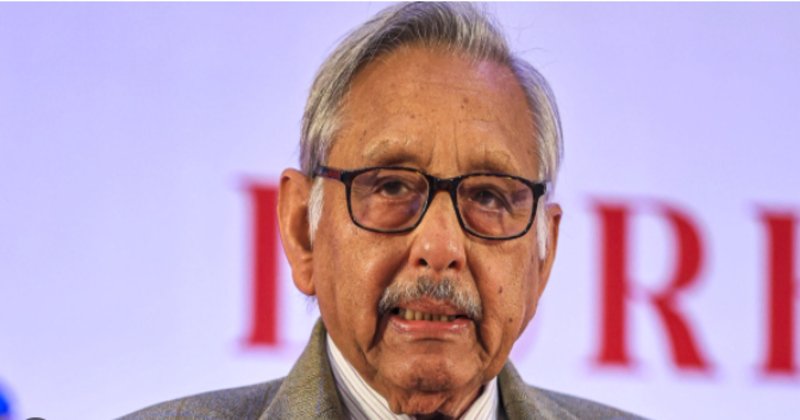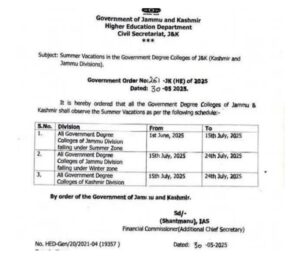Mani Shankar Aiyar remarks of “Alleged Sino-Indian War of 1962” stirred controversy: Issued apology

Mani Shankar Aiyar, a prominent Indian politician and former diplomat, stirred controversy with his comments regarding the Sino-Indian War of 1962. During the book launch of ‘Nehru’s First Recruits’, Congress leader Aiyar reportedly described the Chinese invasion of India in October 1962 as “alleged” and thereby stirred controversy.” This statement drew significant backlash, given the well-documented nature of the conflict and the deep-seated sentiments surrounding it in India.The 1962 war is a sensitive topic in India, as it was a significant military confrontation between India and China that resulted in substantial casualties and territorial losses for India. By questioning the historical consensus, Aiyar’s comments were perceived as undermining the sacrifices made by Indian soldiers and the lived experiences of those affected by the war. It is pertinent to mention that Mani Shankar Iyer earlier had also given controversial statements regarding “India has to respect Pakistan” etc.
Meanwhile Jairam Ramesh, a senior leader of the Indian National Congress, reacted to Mani Shankar Aiyar’s controversial statement about the 1962 Sino-Indian War. Ramesh condemned Aiyar’s comments, emphasizing that they do not reflect the views of the Congress party. He stated that Aiyar’s remarks were inappropriate. The Congress has distanced itself from Aiyar’s statement and affirmed its commitment to honoring the nation’s history and martyrs.
In response to the outrage sparked by his remarks, Aiyar issued an apology. He acknowledged that his comments were inappropriate and expressed regret for any offense caused. This apology was aimed at mitigating the backlash and addressing the sentiments of those who felt hurt by his statements.The incident highlights the delicate nature of discussing historical events that have had a profound impact on national consciousness. It also underscores the responsibilities public figures bear in acknowledging and respecting widely accepted historical narratives, especially those related to national pride and sacrifice.





